Books of the month: From Jane Smiley to Michael Bracewell
Martin Chilton reviews January’s biggest books for our monthly column

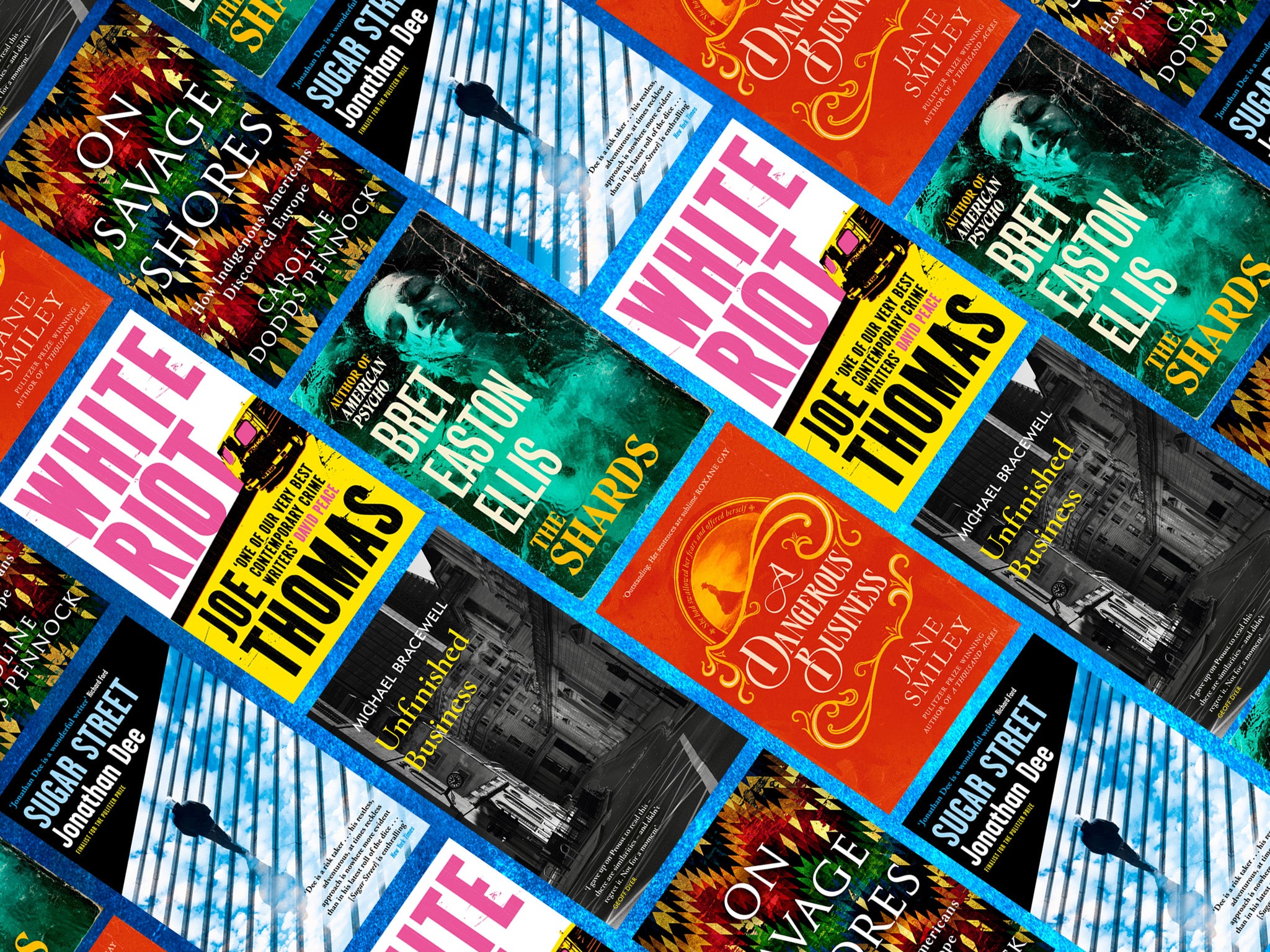
Marion Turner, a professor of English literature at Oxford, believes that Alison, Chaucer’s Wife of Bath in The Canterbury Tales, “has been a figure to be feared, hated, mocked, ridiculed and firmly put in her place”. In Turner’s challenging book The Wife of Bath: A Biography (Princeton University Press), she pieces together the story, in class, gender and narrative terms, of a scandalous character who faced domestic abuse and misogyny during her fictional travels. This engrossing academic study helps you appreciate why, nearly eight centuries after Chaucer brought her to life, this funny, sexually confident middle-aged woman remains a titan of literature.
Truth-telling seems to be an increasingly scarce commodity, and the arts of deception are analysed in the chapter “To Be Honest” in Justin Gregg’s If Nietzsche Were a Narwhal: What Animal Intelligence Reveals About Human Stupidity (Hodder & Stoughton). Put simply, it seems that being a better bulls***ter is correlated by most people with being smarter. “The bulls***ter has an extra advantage over a non-bulls***ter,” writes Gregg. “They don’t waste time worrying about the truth; they can focus all of their energy on being believed instead of being accurate.”
One of the most startling treats among January’s releases is The Book of Desire (Galley Beggar Press), Meena Kandasamy’s translation of the Kämattu p-päl, a 2,000-year-old Tamil ode of female love and desire, written by the poet Thiruvalluvar. Tamil is the world’s oldest classical language still in use, and Kandasamy’s feminist reclamation of the poem acknowledges the “rough seas of sexual desire” in transcendent language. “Every embrace breathes fresh life into me” is one of a score of eloquent lines.
Alongside Caroline Dodds Pennock’s non-fiction study of Indigenous Americans, novels by Jonathan Dee, Jane Smiley, Bret Easton Ellis, Joe Thomas and Michael Bracewell are reviewed in full below.
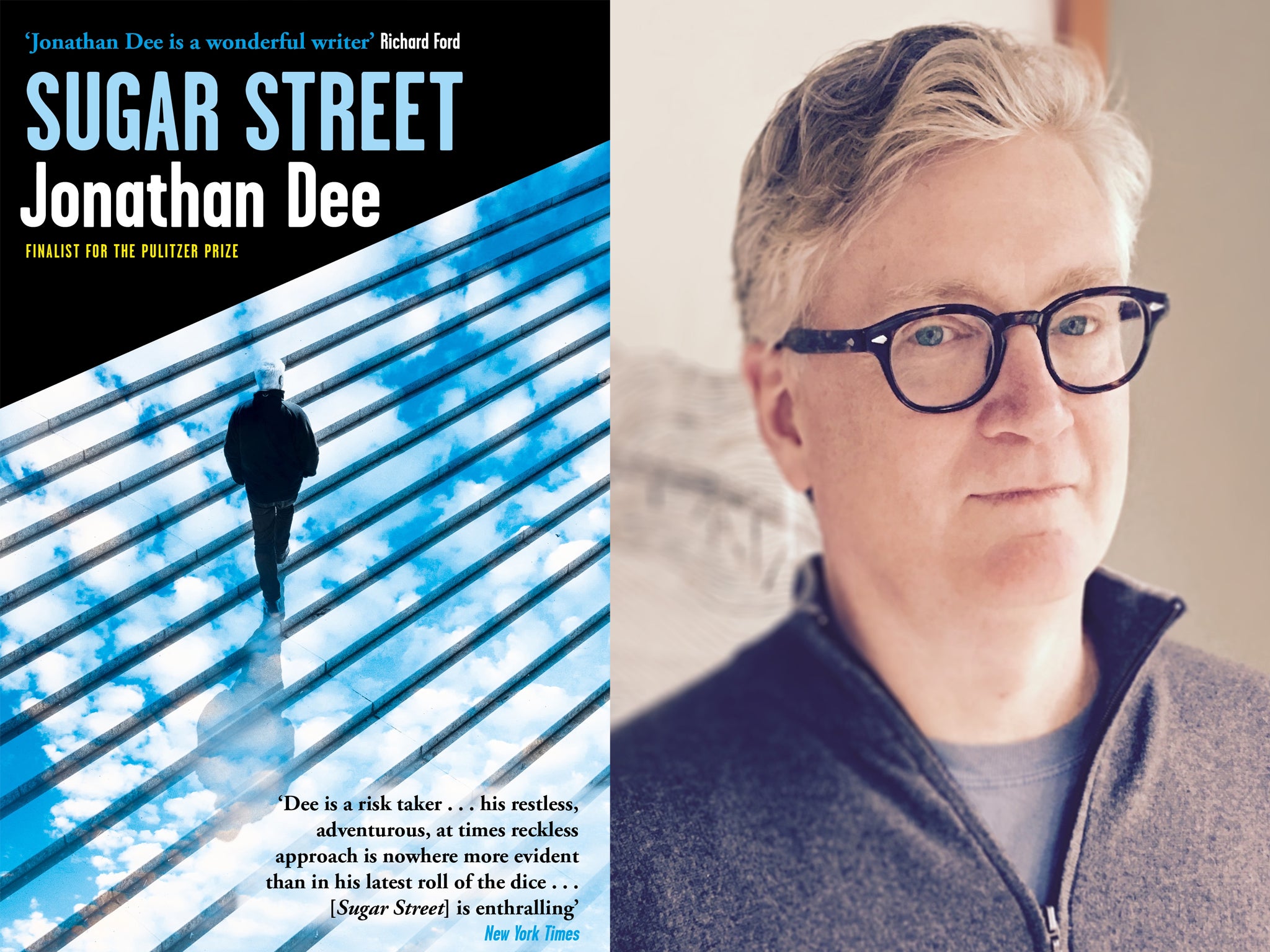
‘Sugar Street’ by Jonathan Dee ★★★☆☆
There is nothing sweet about Sugar Street, the place where an unnamed male narrator tries to hide from “state surveillance” as he cuts all ties with the world. He is running from his past, and the gradual revelation of his crimes is the thread running through Jonathan Dee’s compelling, original novel.
Dee’s protagonist has only one solid relationship, formed of his messy, passive-aggressive interactions with his landlady. As he gradually settles into his life outside the law, we are privy to his coruscating view of the world – diatribes on politicians, class, poverty, racism, money, the internet, and the “fake reprieve” of protest – as we are shown a highly unflattering image of faltering modern urban America.
“Politically, I guess you could say that I’m a progressive. I firmly believe that everything in and about human society is progressing towards its end,” the antihero comments. Sugar Street, by previous Pulitzer finalist Dee, is a disturbing book for disturbing times.
‘Sugar Street’ by Jonathan Dee is published by Corsair on 5 January, £16.99
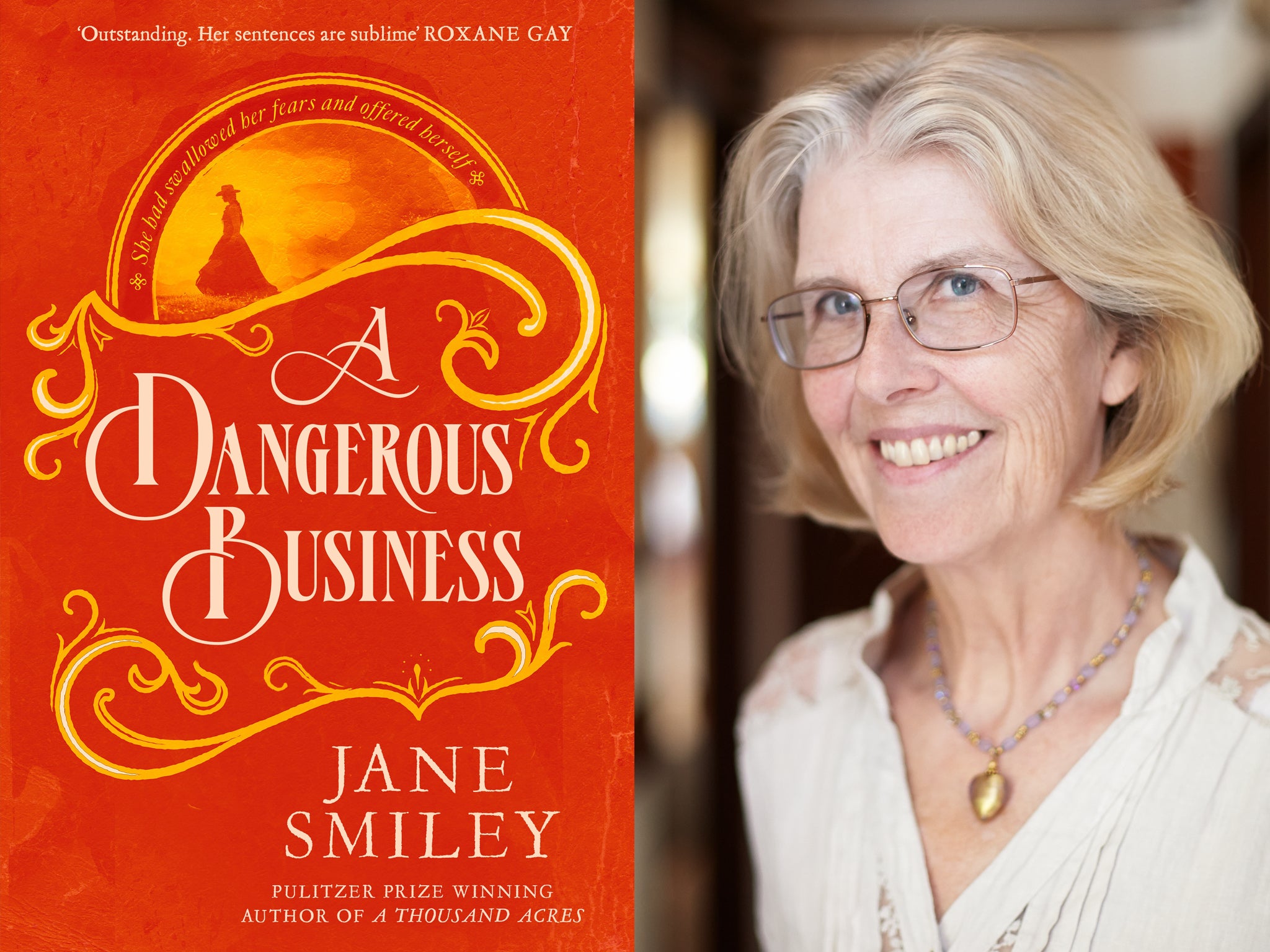
‘A Dangerous Business’ by Jane Smiley ★★★☆☆
Fans of murder-mystery historical fiction will find lots to spike their attention in Jane Smiley’s A Dangerous Business, set in Gold Rush California in the early 1850s.
When teenager Eliza is forced into a marriage with a “bully and a fraud” called Peter, she is rescued from a life of torment by her husband’s violent death in a bar fight. Eliza changes her surname to Ripple and starts working in a brothel in Monterey. When the dead bodies of young women begin appearing on the outskirts of town, Eliza and her friend and fellow sex worker Jean decide to track down the serial killer. Smiley vividly captures the perils of their endeavours, which highlight how being a woman is “a dangerous business” in general.
Smiley, the author of the Pulitzer Prize-winning A Thousand Acres, provides plenty of historical touchstones (slavery, the Victorian obsession with ghosts, Edgar Allan Poe’s writing), and the book offers up nuggets of the humour of the time, as in a farmer’s description of Massachusetts as “Massive Two S***s”.
Although the denouement was a little too neatly packaged for my taste, the characters are well crafted and the plot rattles along nicely on the whole.
‘A Dangerous Business’ by Jane Smiley is published by Abacus Books on 12 January, £16.99
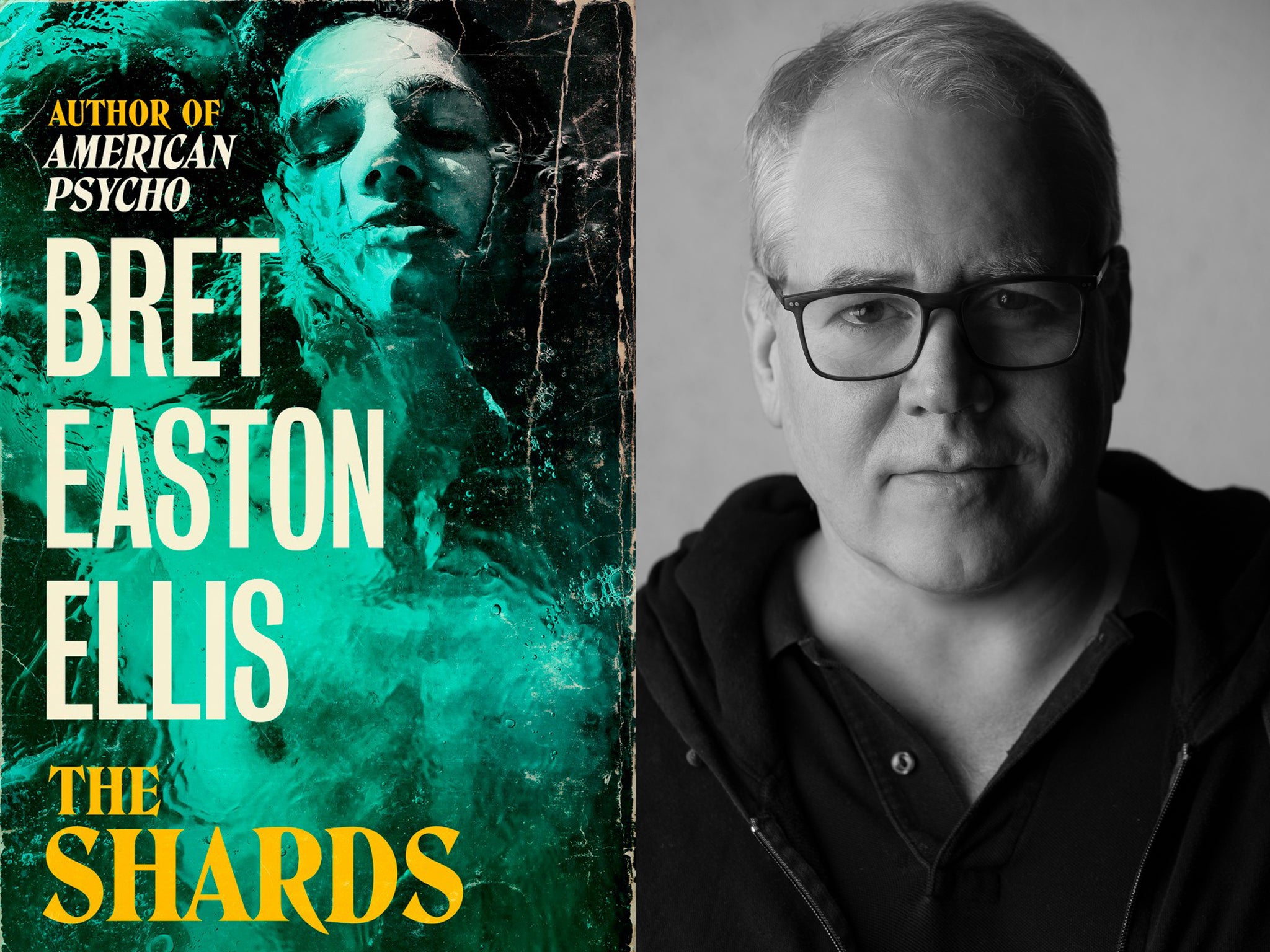
‘The Shards’ by Bret Easton Ellis ★★★☆☆
“I was never really the same after 1981,” says 17-year-old Bret, the protagonist and dubiously reliable narrator of The Shards, the first novel in 13 years from Bret Easton Ellis, author of American Psycho. His new novel tracks a group of privileged high-school friends as a serial killer known as the Trawler haunts Los Angeles. Amid all the danger, abductions and home invasions, Bret gradually begins to fear that the killer has infiltrated his close circle of partying, drug-taking children of the super wealthy.
The book’s taglines are “sex, beauty, privilege, scandal, lust, murder”, and Ellis, who turned 58 in 2022, also captures how friends can slip inexorably into your past. The novel is full of horny teenagers with dazzling looks – Susan, Thom, Debbie, Matt – all of whom seem to be spoilt and self-engrossed. There is plenty of sex (Bret, who is discovering his sexuality, boasts about keeping a “jack-off journal”), although graphic teenage sex scenes reheated after four decades have a whiff of the Viagra pen about them. And you do wonder how much old Bret is inserting himself into the mind of his teenage fictional self.
Ellis admitted that in The Shards he was “interested in exploring those things that some people consider taboo”, and his characters take a delight in rape fantasies, “technically underage” sex, and “elaborate porn dreams”. His warped character Robert Mallory, whom Bret suspects of being capable of mass murder, boasts that he wants to “f*** Susan’s ass so hard” he’ll “make her scream”. Shocking or just gratuitous? Either way, the gory violence at the end of the novel falls a bit flat and seems curiously fetishistic: the detail that a victim is wearing only “panties” is mentioned twice in a description of a brutal attack in which the young girl’s breast is sliced open.
In a recent interview, the controversial Ellis said that he always played along with the image of being a “careless nihilist”. Perhaps people will enjoy The Shards for its metafictional tricks or animating horror, or maybe as a powerful coming-of-age tale around flawed, damaged and lost teenagers, albeit ones enjoying their sexual charisma.
There were things I liked about the novel. Ellis maintains an effortless command of narrative pace and suspense over nearly 600 pages, all of which fairly drip with nostalgia, though whether a cascade of pop culture references – mixtapes, yellow Tower Records bags, Betamax videos, John Lennon’s murder, films like An American Werewolf in London, niche songs such as David Lindley’s “Mercury Blues” – are anything other than descriptive static to readers nearer the age of his characters is a moot point.
‘The Shards’ by Bret Easton Ellis is published by Swift on 17 January, £20
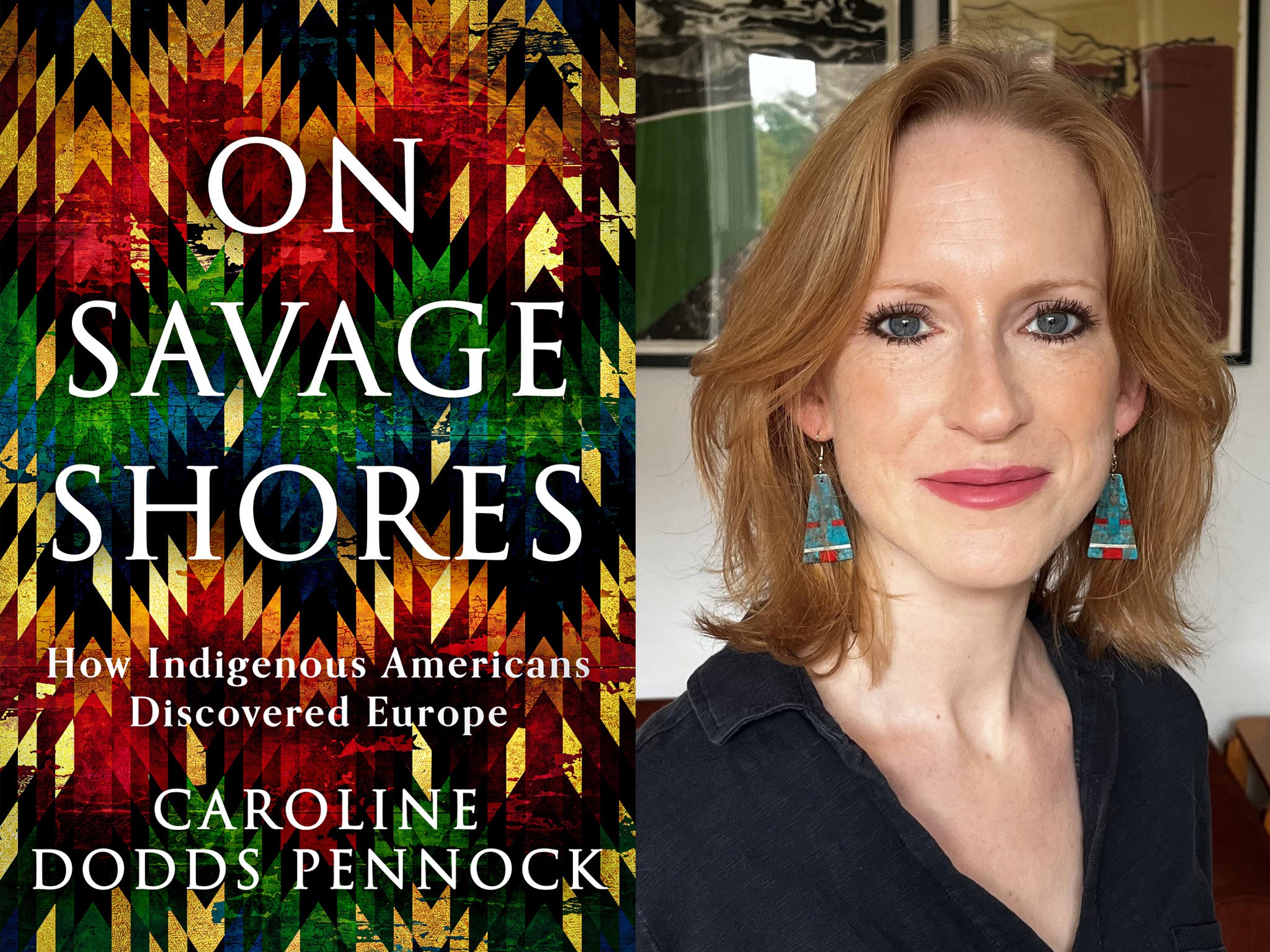
‘On Savage Shores: How Indigenous Americans Discovered Europe’ by Caroline Dodds Pennock ★★★★☆
On Savage Shores begins by examining the “linguistic minefield” of how indigenous people identify – part of the legacy of, as University of Sheffield lecturer Caroline Dodds Pennock puts it, a history of “white men striding out across the globe to appropriate it”.
Migration is now such a dog-whistle subject in British politics that it is useful to be reminded that there has been an ebb and flow of peoples into and across Europe for millennia. For those whose knowledge of indigenous travellers to Europe extends no further than the tale of Pocahontas (whose actual name was Matoaka), On Savage Shores offers a welcome non-Eurocentric narrative about how the great civilisations of the Americas – the Aztecs, Maya, Totonac and Inuit – discovered Europe.
In the 1580s, notes Pennock – the UK’s only Aztec historian, according to the publishers – “Indigenous people pervaded Tudor England”. So many of the things we take for granted – tobacco, chocolate, potatoes, chillies, beans and maize – were brought to Europe by indigenous travellers, most of whom were coerced into crossing a vast expanse of ocean. On Savage Shores is an important book because it explores the stories of indigenous travellers, often a grim catalogue of separation, suffering and death. There is a pitiful account of the fate of one Inuit family who came to England in the 1570s, their fate ending with their orphan child being put on display in a London inn for the voyeuristic pleasure of local drunks.
Times at least are changing. In the book’s afterword, Pennock reports that the remains of indigenous travellers are now the subject of ownership battles. In 2020, the Pitt Rivers Museum in Oxford removed the “shrunken heads” – “gawped at as racist evidence of ‘savagery’ for a century by museum visitors”, notes Pennock – after discussion with Shuar partners.
‘On Savage Shores: How Indigenous Americans Discovered Europe’ by Caroline Dodds Pennock is published by Weidenfeld & Nicolson on 19 January, £22
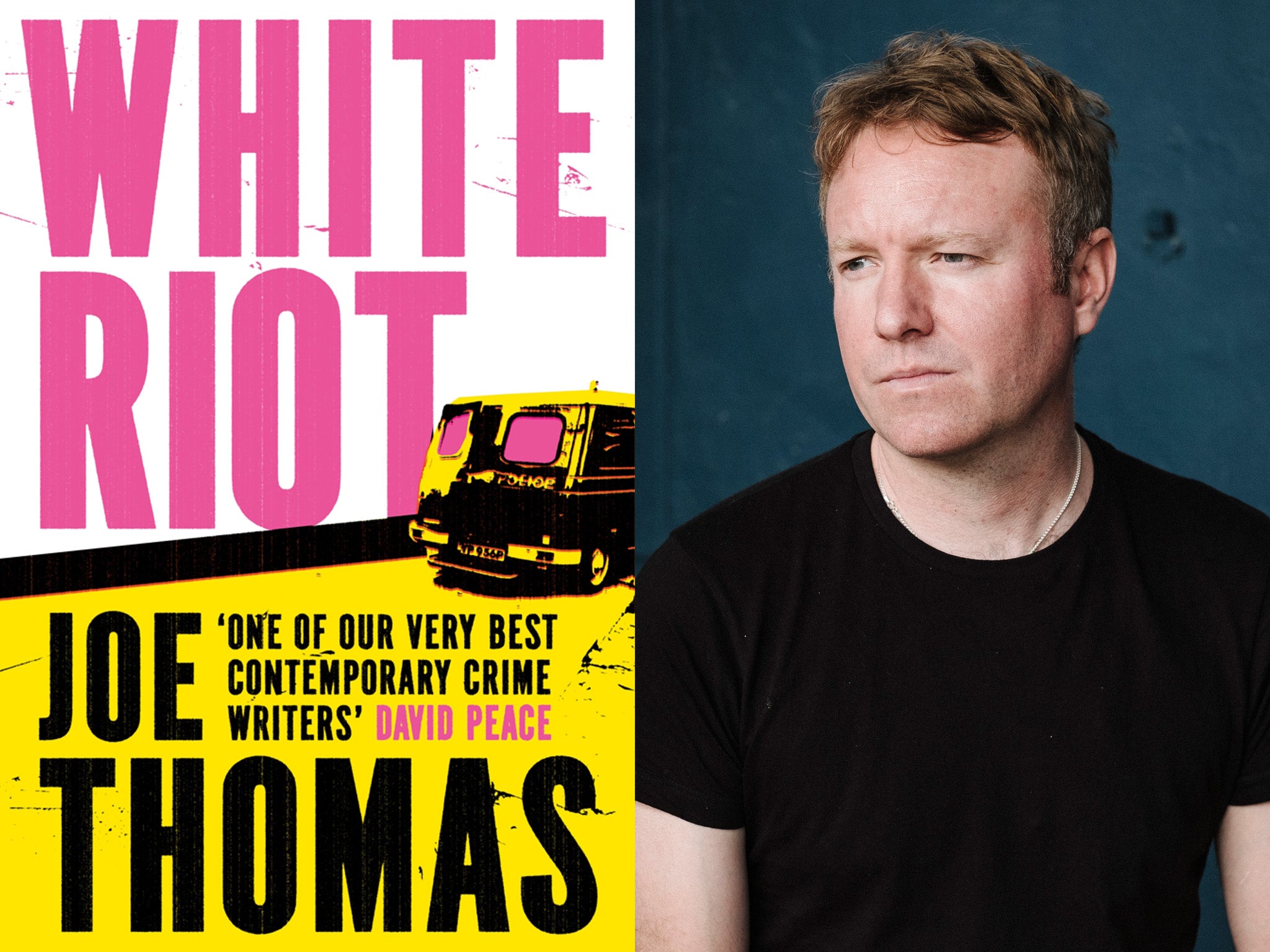
‘White Riot’ by Joe Thomas ★★★★☆
White Riot, the first instalment in a new openly political crime trilogy set in London, captures the searing energy and polarised nature of the capital in the late 1970s and early 1980s.
Politics, music and the power of protest are all central to a novel that accurately conveys the sordid and grim nature of police corruption and institutional racism in sections such as the Special Patrol Group and the Aggravated Assault Unit at West End Central, known within the police force at the time as “the Paki squad”.
Hackney native Joe Thomas, born in 1977, has thoroughly researched this era. As a teenager, I used to bargain-hunt at the stalls of Brick Lane on a Sunday in that decade, so I was impressed by his vivid recreation of the way the National Front operated so openly at their pitches.
The main characters, including journalist Suzi Scialfa and Detective Constable Patrick Noble, are well drawn, and Thomas creates a potent drama from the counterculture of a period when Rock Against Racism and the Anti-Nazi League were battling prejudice. White Riot adroitly blends fact and fiction. Thomas depicts real-life characters, including prime minister Margaret Thatcher (dwelling on why she hated her early nickname “Hilda”) and victims Altab Ali and Colin Roach, who both suffered such unjust deaths.
White Riot is a book that will resonate deeply with Londoners who lived through those strange, backward days.
‘White Riot’ by Joe Thomas is published by Quercus on 19 January, £14.99
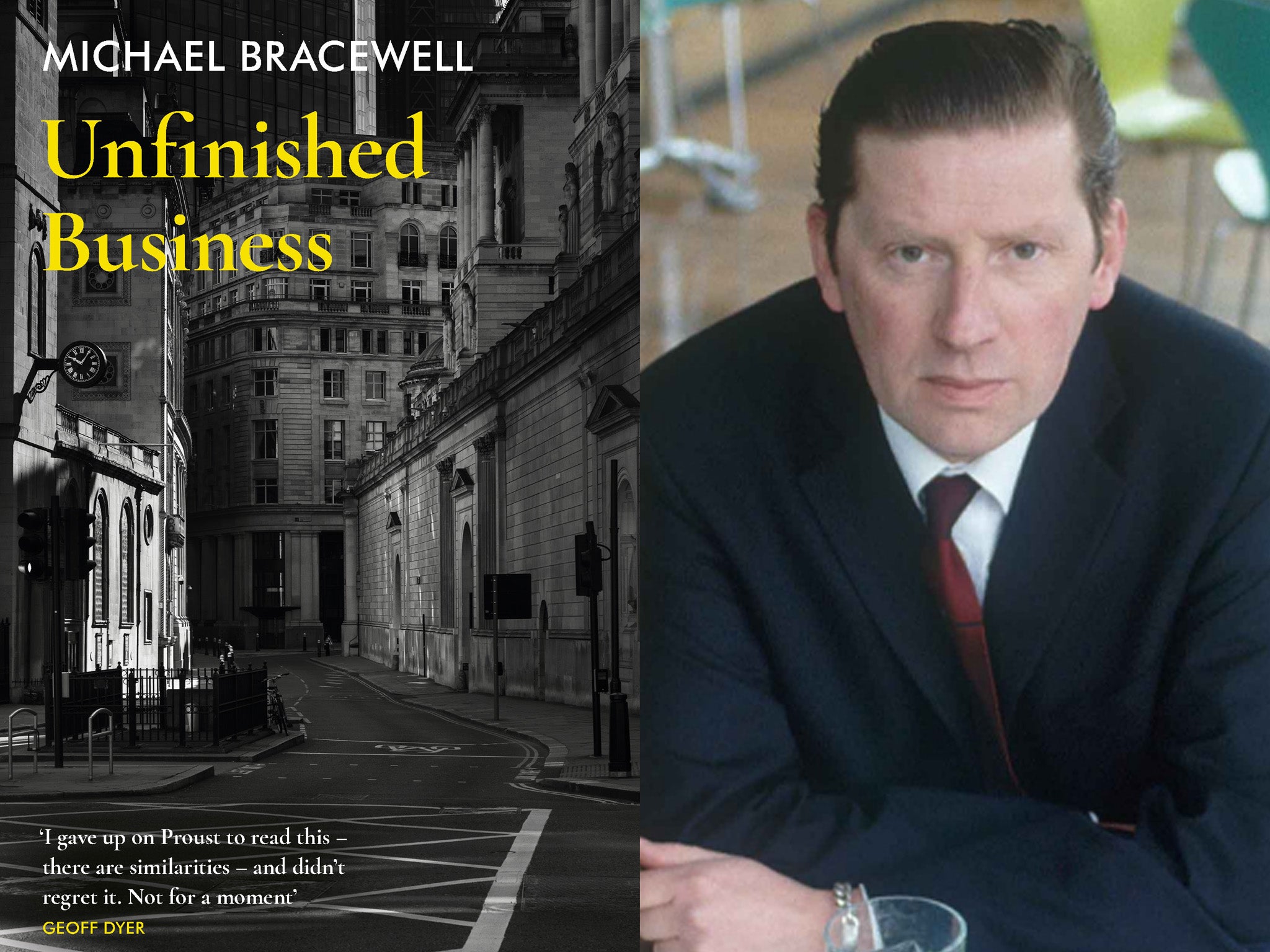
‘Unfinished Business’ by Michael Bracewell ★★★★★
Reading a novel about a fiftysomething called Martin who is an “ageing lost cause” felt a bit like taking a busman’s holiday. However, Unfinished Business, the first novel in 21 years from Michael Bracewell, is a wonderful, subtle study of a lonely, heavy-drinking office worker called Martin Knight, who doesn’t believe the 21st century is “his century” and is starting to feel like he is “invisible”.
The protagonist is obsessed with reminiscences and riven by self-hate. “Martin felt like someone retiring from a game that had been arduous and exhausting, played deep into the late afternoon – for so much longer and more savagely than anyone had imagined at the exhilarating outset,” we are told. As well as his own mea culpas, we see his flawed, struggling character through the lens of his coolly detached ex-wife Marilyn, a woman who has, by contrast, grown “impatient with the past”.
We also see his 26-year-old daughter Chloe’s generation through Martin’s jaded eyes. “She and her friends were all very busy, all of the time. Their shared and all-consuming project – so it seemed – was their amazing lives,” he muses.
A real strength of the novel is the way Bracewell uses the beauty and melancholy of London almost as a character in itself. Although the bleak final twist seemed a little forced, I was won over by this quietly reflective gem of a novel about regret, ageing, and the memory of lost love.
‘Unfinished Business’ by Michael Bracewell is published by White Rabbit on 19 January, £16.99
Join our commenting forum
Join thought-provoking conversations, follow other Independent readers and see their replies
Comments
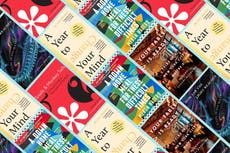

Bookmark popover
Removed from bookmarks